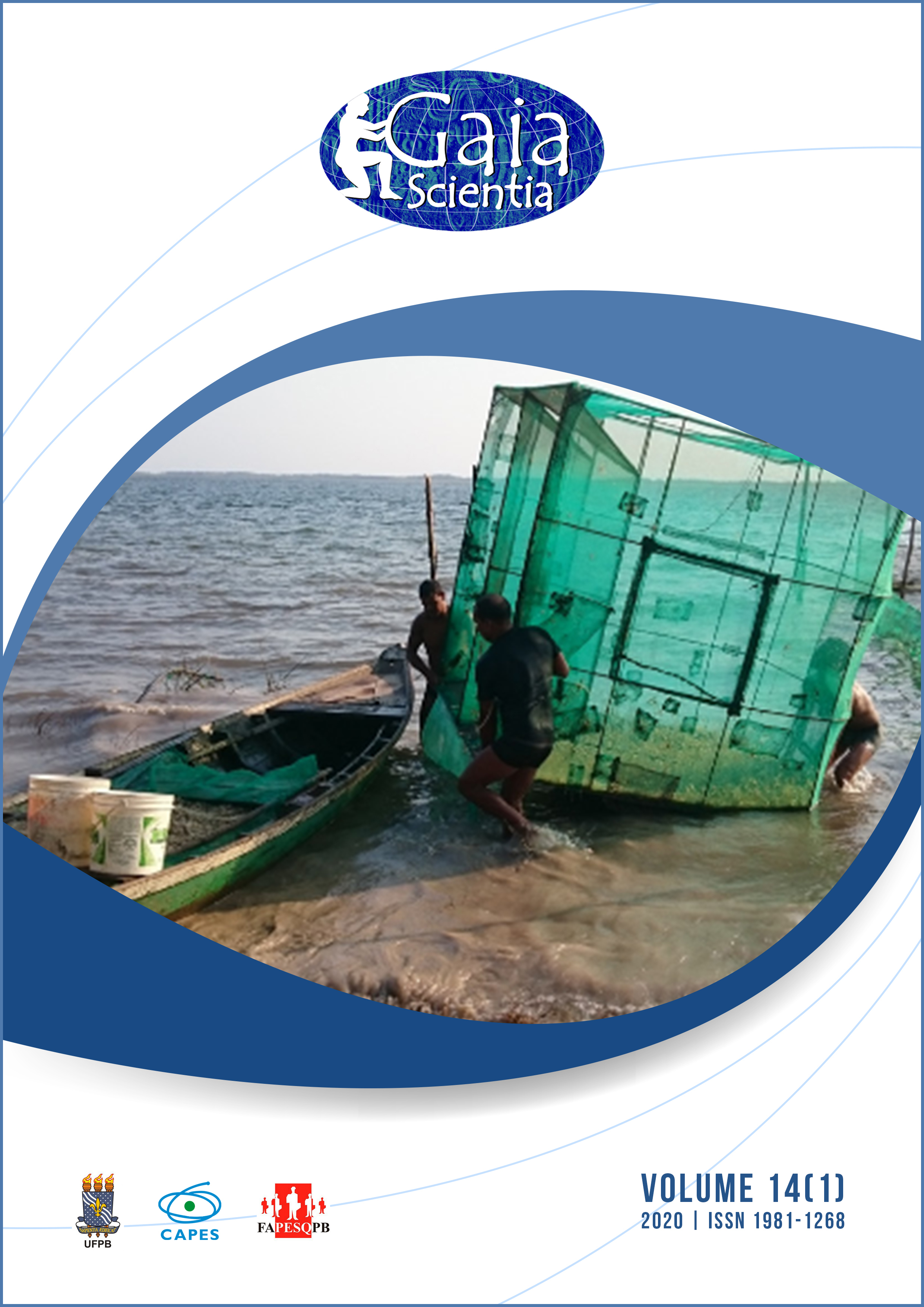Socioeconomic characterization of family farmers, trade, use and poisoning by pesticides in Arapiraca/AL, Brazil
DOI:
https://doi.org/10.22478/ufpb.1981-1268.2020v14n1.50522Abstract
This research aimed to socio-economic characterization of family farmers, to quantify trade, use and cases of pesticide poisoning in Arapiraca/AL. Interviews were conducted with 31 family farmers, eight pesticide retailers, as well as a retrospective and documentary research on exogenous poisoning between 2008 and 2018. It was observed that there is a predominance of male labor (64.5%) among farmers interviewed, low level of education (61.3%) who, despite receiving technical assistance (90.3%), do not have access to credit lines (74.2%), reflecting on the low family income. The most cited pesticides among users were insecticides, with prevalence to extremely toxic (36.4%). The lack of training of farmers (71%), associated with low educational level and lack of educational campaigns may have influenced the inappropriate use of PPE (48.4%), reflecting in the 766 records of pesticide poisoning in Arapiraca. Regarding the volume sold in 2018, led the herbicide 2.4-D, with more than 214,600 liters sold. This information shows that exogenous poisoning is a public health problem and that the monitoring of records and follow-up by health agents, investments in rural extension work and technical assistance may significantly reduce the problem.
Downloads
Published
Versions
- 2021-05-20 (2)
- 2020-03-31 (1)










